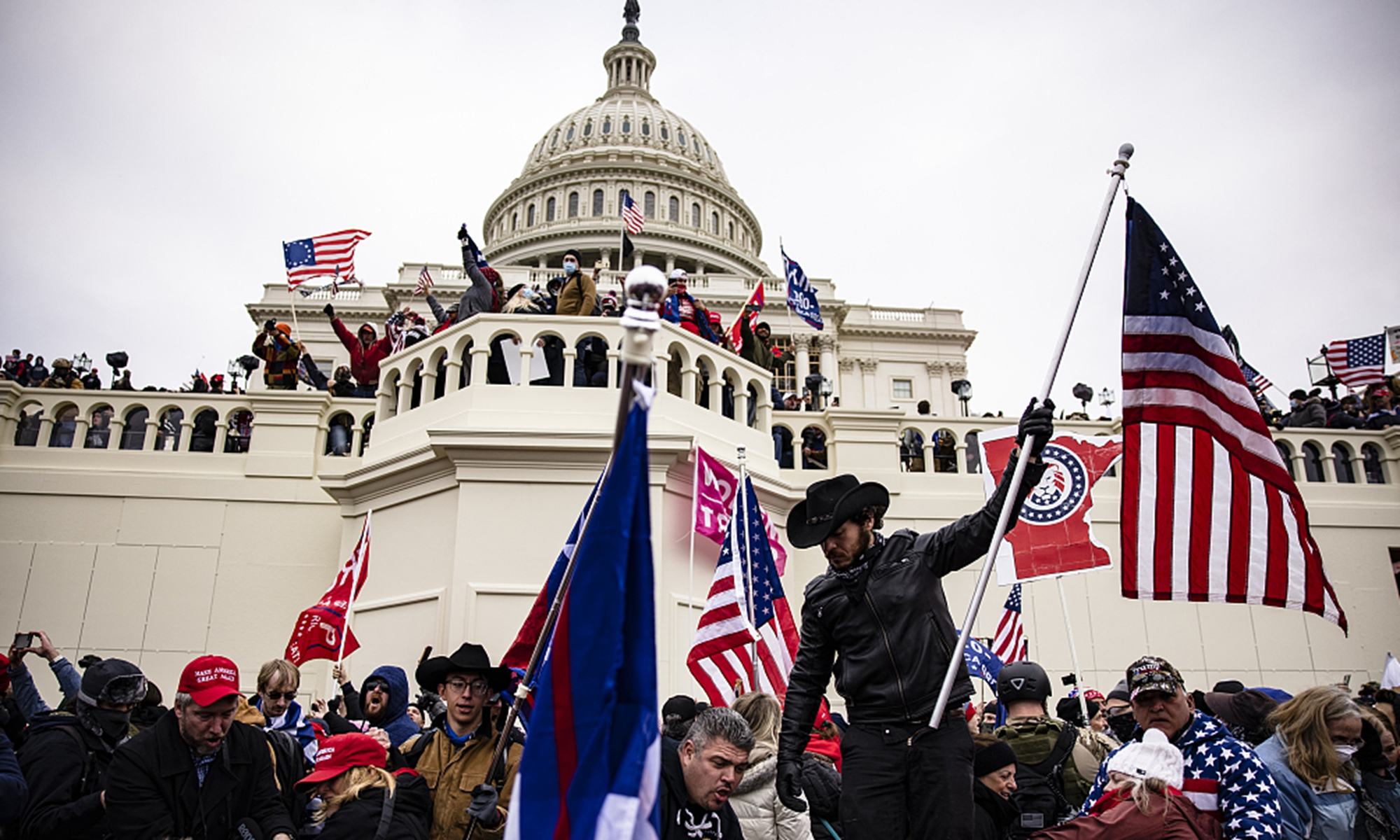Trump-Duque-Biden
With only 1 1/2 years remaining, it will be interesting to see the evolution of bilateral relations between Iván Duque’s government and the new American administration, something which is increasingly important for Colombia.
The clumsiness and imprudence of the government and the Democratic Center Party in the last U.S. election, and the obvious unease of major leaders of the Democratic Center Party over undue interference of officials and right-wing Colombian congressmen (who support Donald Trump), will be pushed aside. The State Department will impose professionalism and pragmatism on relations between Joe Biden and Duque, despite open wounds in the Capital.
However, there will be changes behind the scenes. In the last 2 1/2 years, Trump aligned ideologically and politically with the Uribe-Duque government. Together they embarked on the adventure of the Humanitarian Concert in Cúcuta in order to overthrow Nicolás Maduro, deciding to concentrate anti-drug efforts on the fumigation of illicit crops with glyphosate, and began to distance themselves from the peace agreement. The systemic attack on the Special Jurisdiction for Peace,* the entrapments, and Trump’s latest statements against the [President Juan Manuel] Santos-[Barack] Obama-FARC agreement while campaigning in Florida, are a clear demonstration of this understanding.
As a result of this privileged relationship, Colombia reversed decades of foreign policy and made key decisions abou multilateral affairs in order to comply with American interests. Furthermore, bilateral relations were reestablished.
This situation was not only possible because of the government’s decision to align with Trump, but also, quite frankly, because both governments share the same ideological view of both the world and the continent. Now that this agreement will disappear, we will see if Duque has the flexibility needed to adjust to the new American policy on very sensitive issues for both nations, such as the fight against drug trafficking, Venezuela, or the proper implementation of the peace agreement.
There is no doubt that the American position on these three important fronts will be different as of Jan. 20. In the face of drug trafficking, the common concern about the growth of illicit crops will continue, but Trump’s huge enthusiasm for fumigation will dissipate, and there will be a new approach that prioritizes the voluntary eradication and social substitution of crops, as well as the transformation of territory.
The recent report of a bipartisan commission to Congress will surely be the roadmap for the new U.S. policy to combat this scourge. In the case of Venezuela, the possibility of military interference will be ruled out as a solution to the crisis and a peaceful and the U.S. will insist on a democratic solution to maintain international pressure on the Maduro regime. There will be more multilateral dialogue, and the U.S. will look for ways to join with the European Union, which was an idea that Trump and Duque cast aside. The implementation of the peace agreement will undoubtedly receive a fresh start with the incoming Democratic administration.
The announced foreign policy officials who accompanied former President Obama know Colombia well, and supported the peace agreement with the Revolutionary Armed Forces of Colombia. Much clearer and stronger support is expected for the agreement and for the institutions derived from it, such as the Special Jurisdiction for Peace.
The question is, then, whether Duque will be able to rise above his extreme ideology and the radical element in his party and adapt to the new vision of the United States, or whether he will persist in his worn-out militarist right-wing methods. We will find the preliminary answers in the changes, or lack thereof, in the Foreign Ministry, the Colombian Embassy in Washington, and in the Ministry of Defense.
If Duque understands the new political reality of the United States, with a Democratic administration and a Democratic majority in Congress, relations will surely continue to be close. If he decides to persist in his failed policies on these three fronts, we will see a cooling of bilateral relations in the final stretch of his government. We will see in time.
*Editor’s note: The Special Jurisdiction for Peace is the institution designed to investigate, prosecute and punish those responsible for the most serious human rights violations committed during armed conflict in Colombia.

